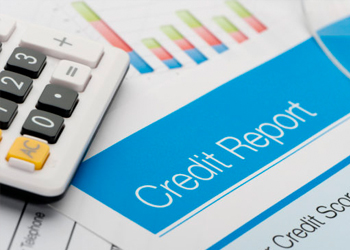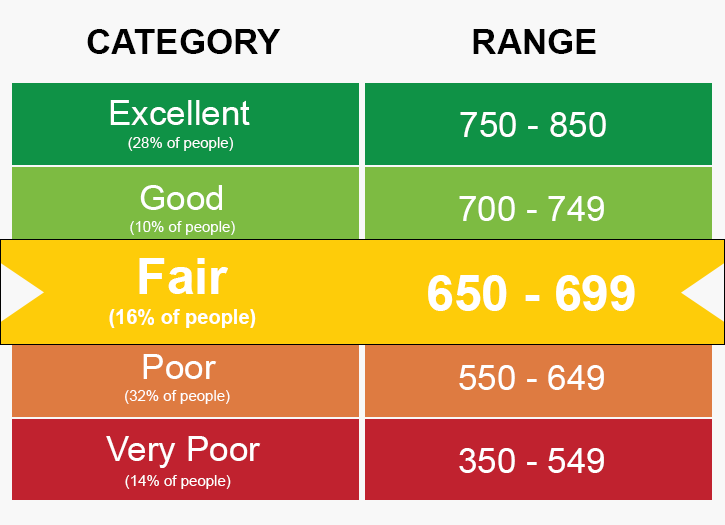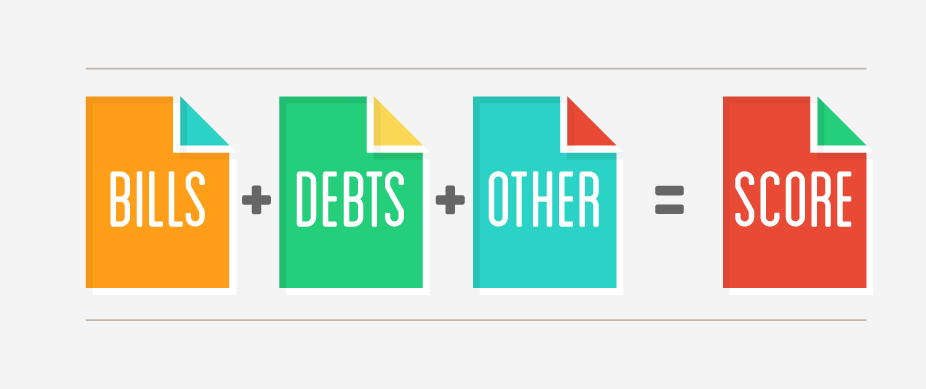How to Vacation on a Budget
School’s out, the weather is nice and you’ve got some vacation days coming up – it’s time to plan a fun family vacation. But when it comes to a vacation, it’s common to go over budget with your spending. For many people, this can snowball into growing credit card debt, potentially even causing your credit score to take a hit. The good news is that it’s entirely possible to take a fun, memorable vacation without breaking the bank. We’ve stockpiled some of the most affordable vacation destinations and tips to save money in this post.
Affordable Vacation Destinations
Here’s a look at some of our favorite vacation hot spots for budget-conscious travelers:
- The Grand Canyon: The Grand Canyon isn’t just an amazing sight to see, but with campsites available for as little as $15 per night, it’s also an affordable destination for the outdoor lover.
- Fort Myers, Florida: Florida has a lot of great beach towns, and Fort Myers is one of the best. There’s the beauty and fun of the beach itself, affordable lodging accommodations and lots of other fun things to do in town.
- Myrtle Beach, South Carolina: This is another fun, affordable beach town. Stay in one of the reasonably priced hotels on the beach and then soak up the sun during the day. There’s lots of other things to do in Myrtle Beach, like hit up the amusement park or stroll the beach shops.
- Bar Harbor, Maine: If you want to head east, you probably won’t find a town more picturesque and affordable than Bar Harbor, Maine. It’s nestled right on the ocean and is great for the outdoor lover.
- Pittsburgh, Pennsylvania: The western Pennsylvania city has earned the nickname “Kidsburgh” for all of the great affordable family-friendly activities and attractions it boasts.
- The Mississippi Gulf Coast: If the Gulf Coast is more of your thing, anywhere in Mississippi makes for a great vacation location, especially when it’s not unusual to find a hotel room for less than $150 a night.
- St. Louis, Missouri: We’ll round out this list with St. Louis, a city that blends history, great architecture and fun. Take a ride up in the Gateway Arch for a great view of the city and enjoy all there is to do on the mighty Mississippi River – all for a great value.
Tips to Vacationing on a Budget
If you want to be even more budget-conscious, here are some tips for saving money with your vacation:
- Cash in your rewards: Consider using airline miles toward tickets or hotel rewards toward night stays.
- Shop around: Don’t just book hotels, airfare or rental cars with the first provider you see. Shop around and look for discounts or promotional offers. Additionally, consider traveling during the week, when hotel and airline prices are generally cheaper than on the weekends.
- Cook yourself: While it’s always fun to go out to eat while on vacation, consider hitting up the local grocery store and buying food items for breakfasts and lunches. This can help reduce meal costs, which is often a big overhead expense on vacations.
- Ride share instead of taking a taxi: If you’re not renting a car, you might need to use a taxi to get around town. Forget the taxi on your trip and instead utilize cheaper ride sharing services like Uber and Lyft.




















